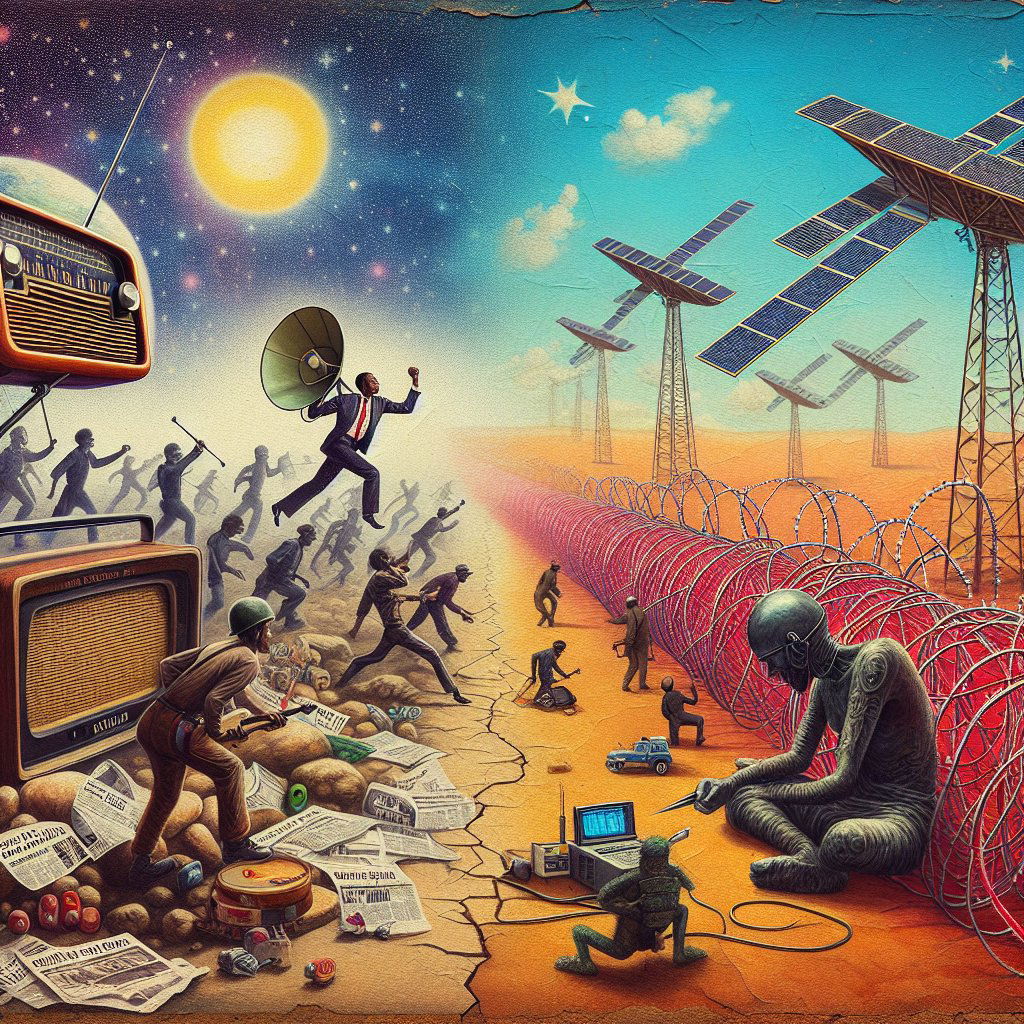Image: AI generated for illustration purposes
Starlink in South Africa: A Beacon of Digital Liberty or Regulatory Quagmire?
Once upon a time, the airwaves of South Africa were filled with the crackling sounds of LM Radio, a beacon of rock 'n' roll that danced around the stringent controls of the SABC and the overseeing morality of Dutch Reformed Church dominees. Fast forward to the present, and there is a new player causing a stir in the world of South African communications: Starlink, the satellite internet service founded by entrepreneur Elon Musk.
With a sweeping growth rate that mirrored the excitement of yesteryears' radio wave rebellions, Starlink has garnered over a million subscribers worldwide in just a few short years, half of which were added in the first eight months of the last year. Its success is due in no small part to its suitability for regions like Africa, where vast and rural landscapes stand in the way of traditional infrastructure development.
As 2023 progresses, Starlink's footprint on African soil is set to expand from eight to 27 countries, bringing with it the promise of connectivity and the potential for socio-economic transformation. However, the company faces a formidable hurdle in South Africa with the communications regulator ICASA, which has declared the sale of Starlink terminals in the country illegal without a proper network license.
ICASA demands adherence to the Electronic Communications Act, pending a 'policy direction' from the communications minister — a snarl in the red tape that has left Starlink and eager consumers in a state of limbo. Despite these bureaucratic barricades, the service still seeps into South Africa through companies offering a "roam" feature, enabling users to connect anywhere globally, including in regions where licenses haven’t been secured. This workaround has attracted a reported user base of 12,400 South Africans, surpassing those clinging to the vestiges of the old ADSL connections.
This might beg the question: is using Starlink in South Africa truly illegal? The constitutionality of ICASA's stance remains unchallenged, with the country’s Constitution upholding the freedom of association — a principle that may implicitly support the right to engage with services like Starlink that do not infringe upon the rights of others.
ICASA, much like the SABC of old, seems trapped within a paradigm that is slowly crumbling beneath the inexorable march of progress and the ceaseless advancement of technology that refuses to wait for legislative approval. Frustration mounts as ICASA has not issued any new operating licenses for over a decade, leaving many to wonder when South Africa will fully embrace the potential of the fourth industrial revolution and whether entities like Starlink could pave the way for a broadband revolution in remote areas.
For now, as the country watches and waits, the narrative of Starlink in South Africa is a testament to the inexhaustible human pursuit of freedom, the transformative power of technology, and the enduring struggle against the shackles of outdated bureaucracies. It taps into an era-old sentiment, channeling the spirit of LM Radio and its clandestine audience, bound by a collective desire to reach beyond imposed boundaries to unfiltered streams of knowledge, culture, and connection.










